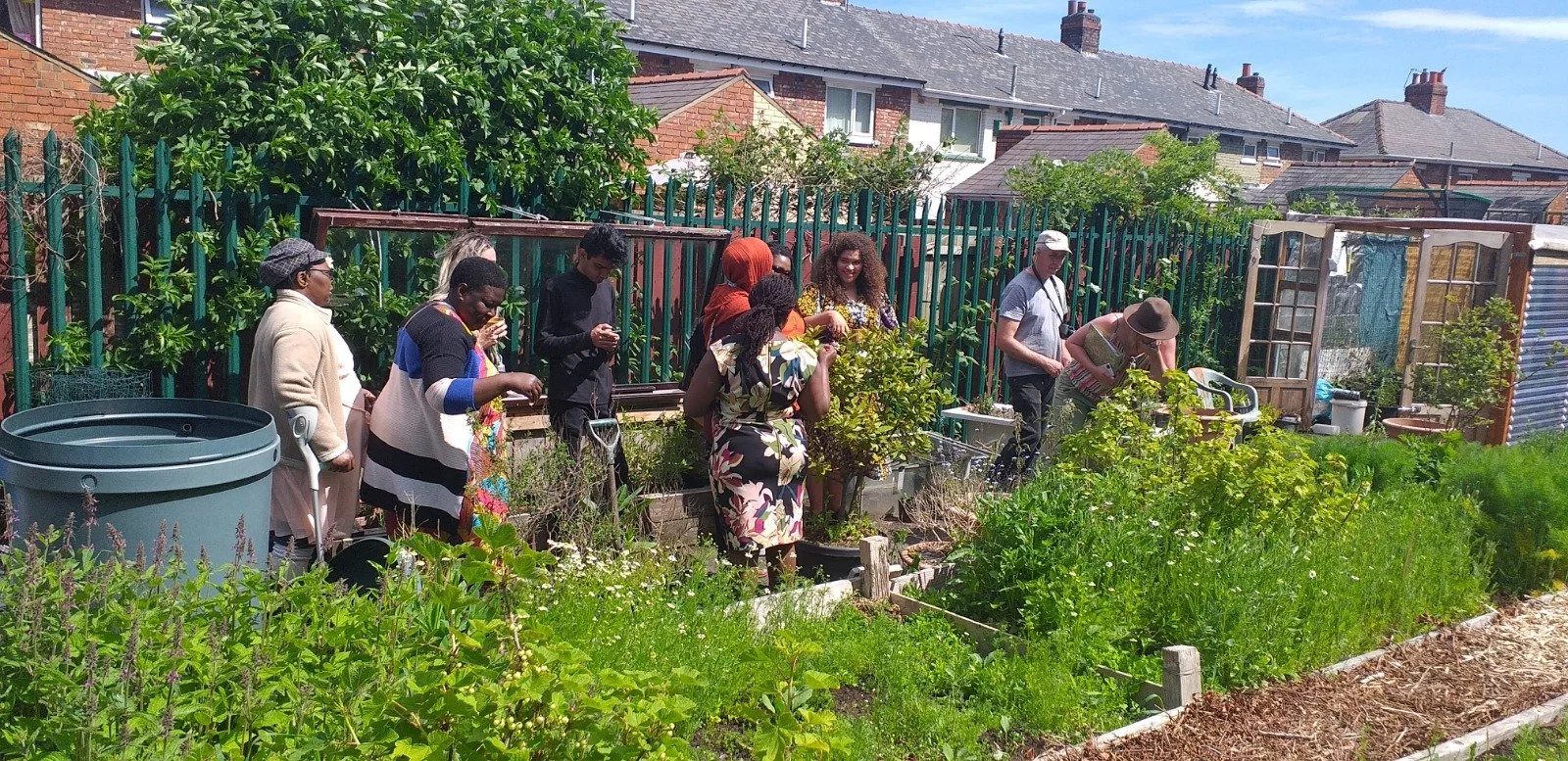Impactful investment in the North East: Civil Society Consulting supports North Star to understand social priorities in eight communities
PROCESS
Community Consultation
Strategy
THEMES
Funding
Our Approach
North Star is a housing association based in the North East. In addition to building and providing affordable housing in Tees Valley, North Yorkshire and County Durham, North Star invests in its communities. North Star aims to empower and support local grassroots organisations, but understanding the needs of local communities is central to its approach to community development.
The Project Brief
Throughout 2021, Civil Society Consulting has been conducting community engagement research to refresh North Star’s understanding of its eight ‘priority’ communities and the new challenges they face in the wake of the pandemic. In 2022, we’re set to build on this research and mobilise the community and local councillors behind North Star’s plans.
Across the board, issues tend to be structural in their nature. Social deprivation is widespread - and everyone is in need. Moreover, much of the social deprivation stems from generational poverty, so is deep-rooted. As is well-documented, multiple generations of poverty leads to an intergenerational cycle of problems: one Housing Officer described having seen young children grow up and be stuck in the same cycle of poverty as their parents. There is no ‘quick fix’ to break this cycle:
Current levels of deprivation have become normal for many, who are acutely aware of all the many barriers to change. As a result, there is little-to-no optimism for change among residents. Instead people accept the problems and become “complacent” and apathetic - “they have got used to them as a fact of that life”.
Generational poverty affects child development. People's life experiences often have not left them with coping strategies to recover their mental/emotional health when it's lost. Children do not get enough opportunities for sensory development, which is key for developing other competencies later in life.
Multi-generational dependence on benefits means aspirations are low - and hard to raise. Since many families are now into their third generation of not working at all, young people have no exposure to an alternative way of life. Many of those who have worked have done so in low-skilled, low-paying jobs that have not provided them with/ translated into/ contributed to a higher standard of living - which has not inspired those around them to follow the same path.
Broadly, the top four priorities across all eight communities are:
Mental health, which is ‘rock bottom’ for many people.
Loneliness, which is a major issue which lies at the heart of other issues.
Crime (particularly drug-related crime) and anti-social behaviour (ASB) (including vandalism, harassment/bullying, and reckless driving of motorcycles). The high prevalence of ASB, illicit drug use and crime means friction and low trust between younger and older generations.
Young people were seen as a priority across the board. Older people were also recognised as highly vulnerable - they were described as dependent on North Star and at the mercy of CSOs during the pandemic.
Our research also analyses root causes, viable solutions in each community (which are very nuanced) and obstacles to be aware of. CSC has generated recommendations for North Star’s approach to community investment, which have been shared in an interim report. In February 2023, the CSC team will present these recommendations to the North Star team and refine the final investment strategy.
What we’ve done: our ongoing research in eight communities
We’ve been collecting qualitative date from the grassroots organisations that are working in these eight priorities, many of which North Star have a history of funding.
First, the Civil Society Consulting team conducted desk-based research and had conversations with the North Star housing officers: we developed a thorough understanding of local communities and how North Star has been investing in its eight priority communities to date, each of which have a specific profile and a specific set of needs. Then, we surveyed and interviewed community organisations, activists and members of each community. We identifyed and analysed:
the most urgent and persistent problems in the area,
what has worked well in the past,
obstacles to be aware of in future,
sections of the community that are not well-served, and
the impact of covid on the community and civil society organisations.
We also established strengths and assets of each community that can and should be leveraged for social development. The team have now presented their findings to North Star in creative ways, from which North Star is developing a strategy for impactful community investment.
Thanks to our good understanding and strong ties with the Tees Valley’s charitable sector and expertise in community consultation and evidence-based policymaking, CSC produced comprehensive, accessible resources informed by local knowledge.



